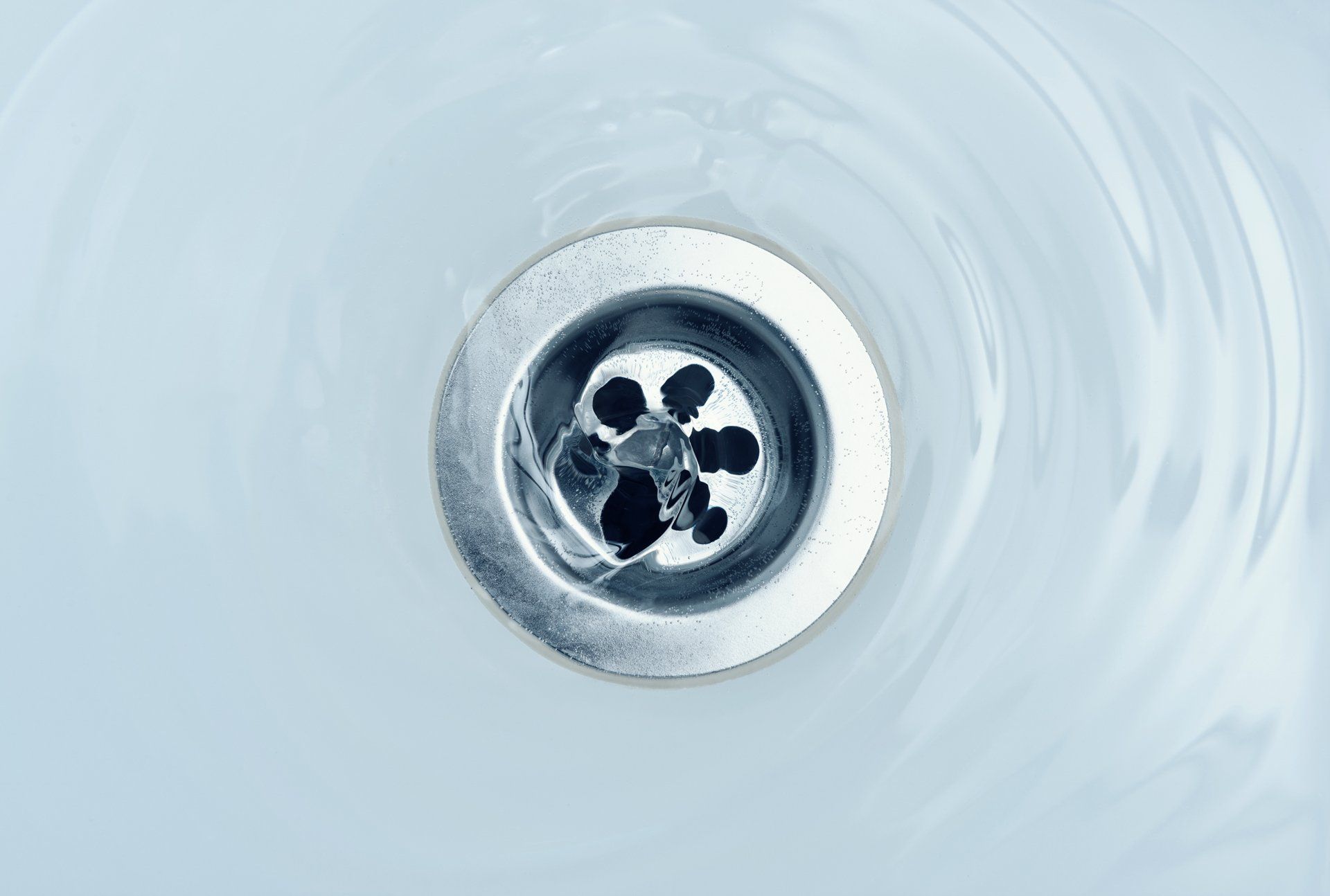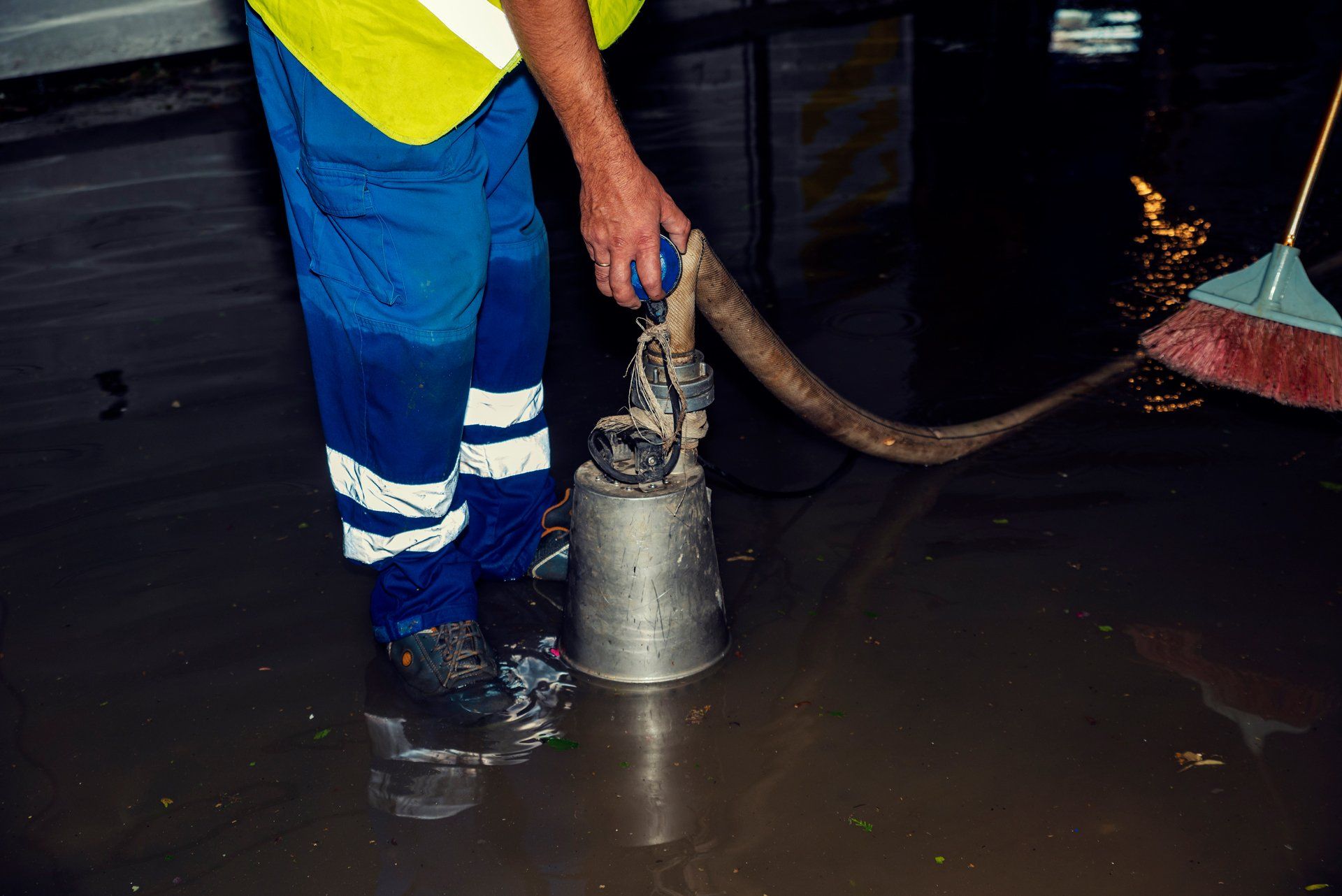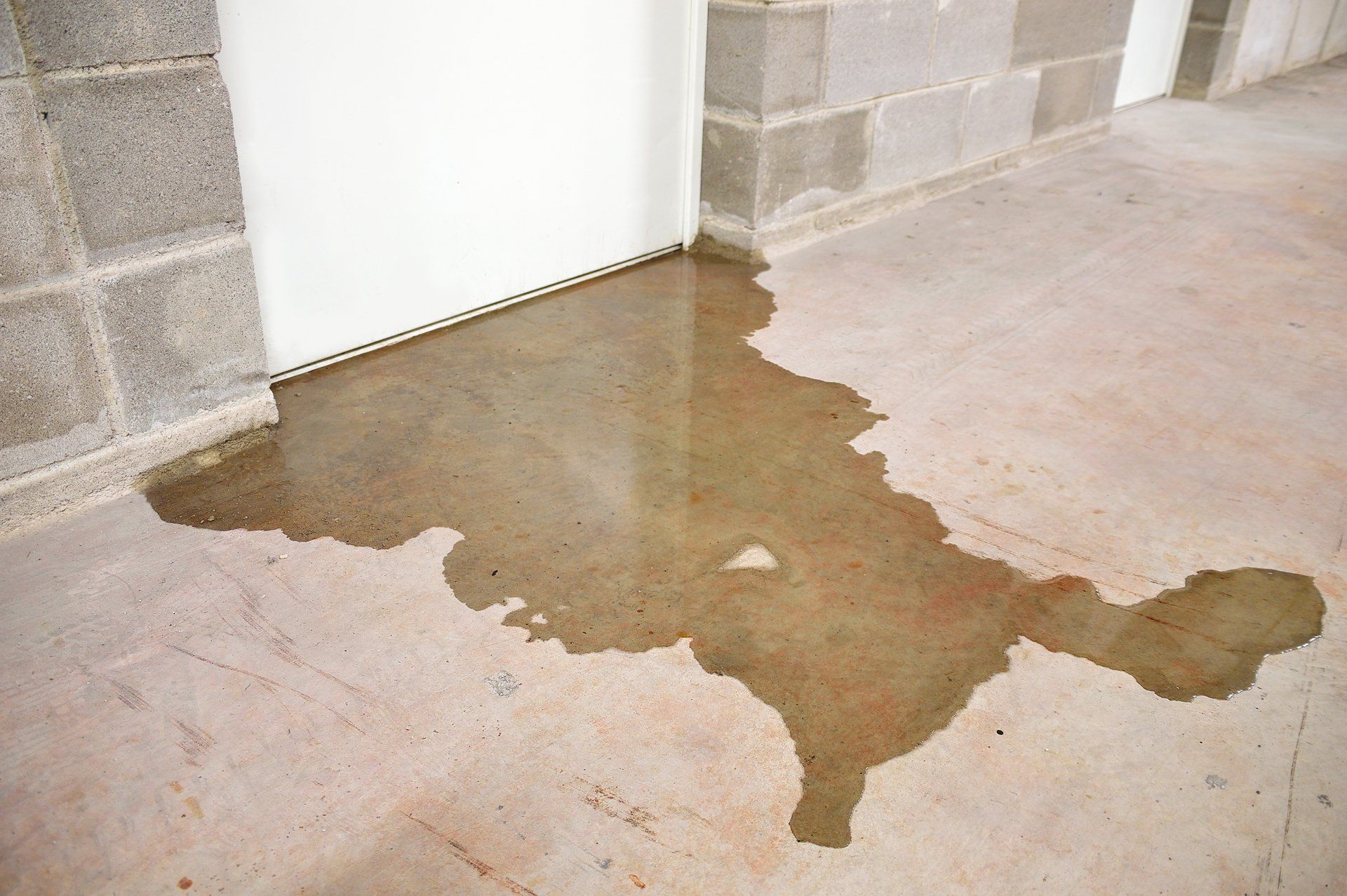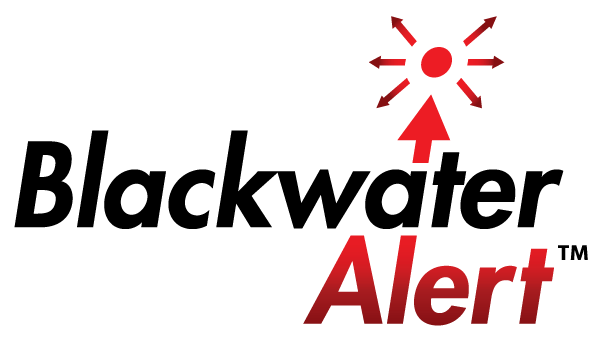What do you do when your septic system backs up into your home?
Sewage backup and water damage in your home is a health hazard and something no homeowner should experience if problems with your septic system can be avoided.
As a homeowner, the possibility that you may experience a public sewer line backup into your home or a septic backup, for those on a private system, is a real threat. While we all hope and expect that our sewage systems are working properly, the fateful day when your home is damaged from solid waste and water is the moment you wish you had considered preventative measures.
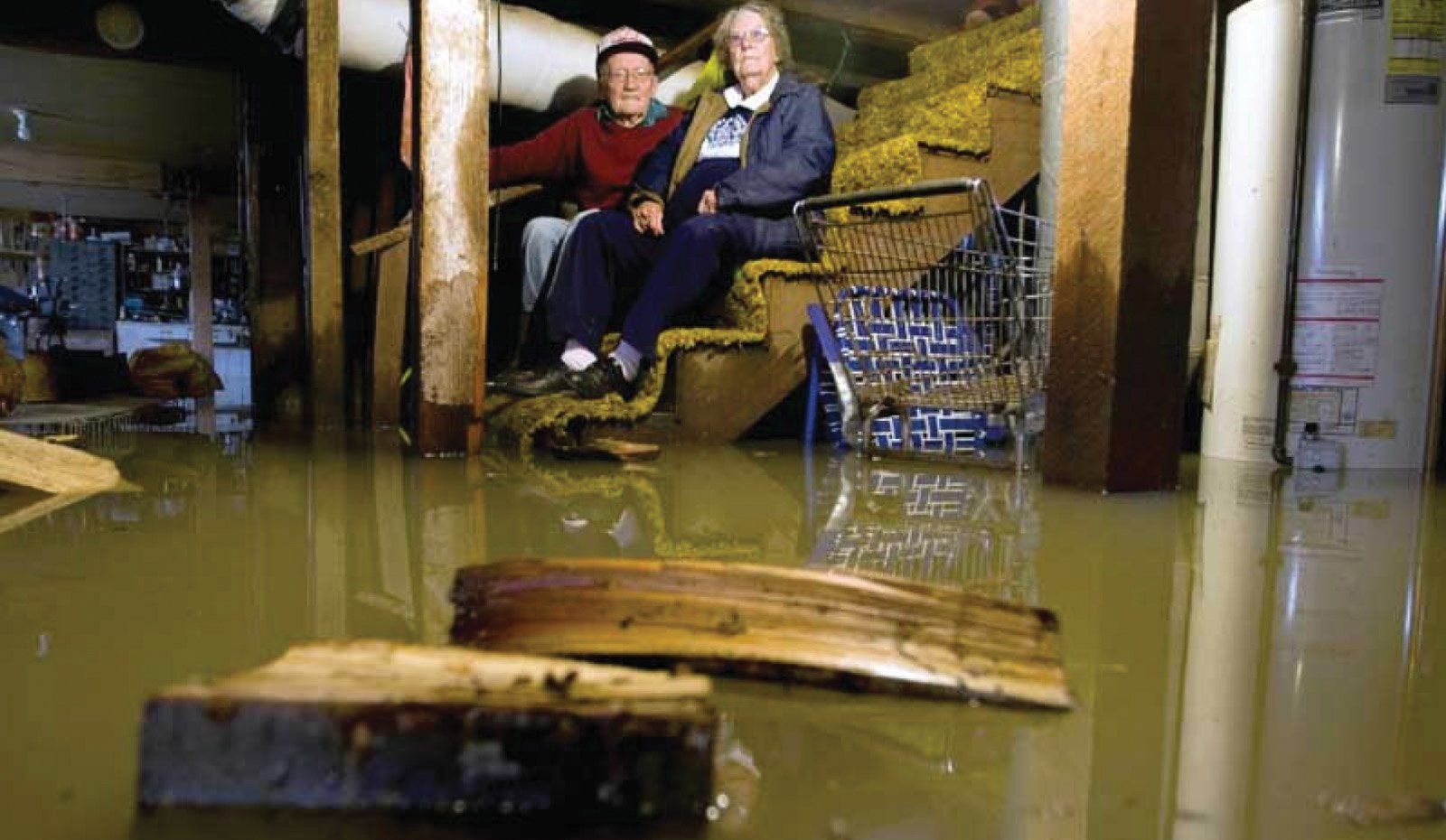
Too late – sewage has backed up into your home
Once you have experienced a sewage or septic backup, the need to act quickly is paramount. There are a few key steps to consider when addressing this type of damage and cleanup. We offer these tips to guide you.
1. Shut Off the Water and Stop Using Toilets
Once you have a backup, using the toilets in your home will only create further issues and a bigger mess to clean up. Stop using your toilets immediately.
2. Contact a Licensed Plumber
You need an expert. A licensed plumber will know best how to determine both the cause of the backup and how to begin the process of cleaning up. The plumber will need to access your cleanout to drain the backup that is in the line that leads to your basement. This can be an extremely messy process without a Blackwater Alert with the convenient Port Release Valve.
3. Clean up the Area Impacted
Sewage carries various forms of bacteria and contaminants. Exposing yourself and your family could create a health hazard, so calling in an expert who understands how to clean up the damage and address the environmental concerns is critical. Keeping children and pets away from the area is advisable until a complete assessment and plan for cleanup is done. There may be items in your basement that are saturated with waste that will require you to dispose of them. Again, the health hazards associated with sewage backup is something that should be taken seriously and why hiring professionals who understand how to manage the issue is best for the health of your family and home.
4. Call Your Insurance Company
Many homeowner insurance policies do not cover sewage backup, but it is always smart to inquire. The costs related to cleaning up harmful blackwater can run into the thousands of dollars and that is not including the costs related to damaged property that may have been stored where the septic backup occurred in the home, normally in a basement.
5. Locate and Fix the Source of the Backup
Finding the source of the backup is important. If there is a pipe that is cracked, repairing the line is critical to avoiding another backup. Sewage pipes crack and break from things such as tree roots growing around your system and ultimately causing a break. You may also have experienced a clog that comes from things such as oils or fat hardening in the line. Finally, flushing anything, baby wipes for instance, other than toilet paper can also be the root cause of a backup.
6. Pump Your Septic Tank
Having your septic tank pumped regularly to ensure that future clogs can be avoided is advisable and good maintenance for your home.
While all of these tips are helpful, no one wants to experience the damage and expenses that accompany a septic or sewer line backup. Much of the damage can be avoided with a patented Blackwater Alert attached to your home’s cleanout. If you’ve experienced your first backup or want to help prevent damage from a potential future clog in your pipes, then consider the benefits of the Blackwater Alert today! Learn more at
www.BlackwaterAlert.com
